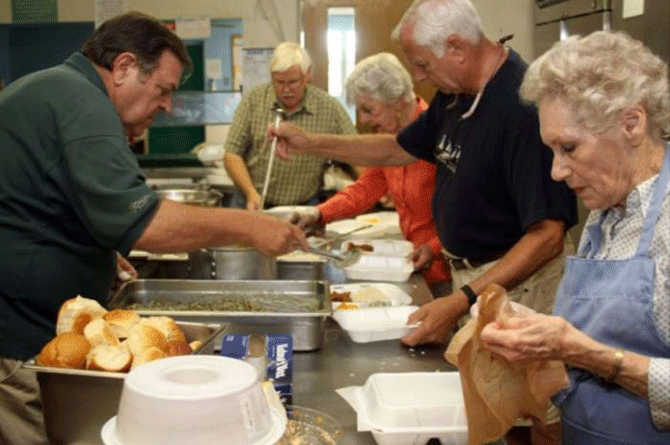
Let’s get real.
Health in old age is not a parting gift you get when you retire at 60 or 65.
Or is it a reward from Heaven for a lifetime of good behavior.
Rather, it is like a retirement fund you build by saving consistently through the years.
But just as a retirement fund can be lost to mismanagement, fraud or other economic factors, your health, no matter how well you take care of yourself, can take a nosedive when you get old.
Age affects practically every organ of your body, i.e., eyes, ears, limbs, circulatory and nervous systems, the heart, brain, etc. In one way or another, they can make your health a little fragile, a little delicate than when you were young.
But it doesn’t mean you can’t lead an amazing and healthy life at 60 and beyond.
In fact, even if you get down with one or two the common chronic diseases that afflict 80% of seniors, you can still live a normal life.
Here are some excellent ways of doing it:
1. Exercise:
Exercise improves stamina and strength. It slows down muscle deterioration, works up the heart and the circulatory systems. It also makes the brain manufacture more dopamine, endorphins, and serotonin – the happy hormones.
No need for a club membership or expensive outfits because you can do it anywhere if you want to. The parking lot of a mall early in the morning is as good as any.
Keep away from junk foods and All it needs is the discipline to do it consistently.
2. Eat well:
This means never to go hungry or to over-eat. Both are bad for your health.
It also means a little care in what you eat. Old age affects the digestive system and metabolism, so temper your diet with fruits and vegetables, lean protein from lean meat, seafood, eggs and bean), whole grains and low-fat fat dairy products.
If you can’t get the full serving during regular meals because of appetite problems, eat snacks in between.
3. Get enough sleep:
Don’t fall for the regular belief that old people “sleep less.”
Regardless of age, sleep experts say seniors should have about 7 hours of sleep to stay functionally healthy.
I sleep an average of 6 hours but take 45-min mid-day naps. Anything less would make me feel light-headed and lethargic.
4. Don’t be a recluse:
While being a recluse if often necessary to get our bearings, to find ourselves, keeping away from the mainstream for long periods of time can have a negative impact on your health.
It can lead to negativity and depression. It can affect your immune system, your sleep cycle; makes you clumsy in social interaction and may even shorten your life.
So get out and be with family, friends, neighbors or even strangers (with care, of course), if need be.
5. Travel:
If you feel claustrophobic and stress out, go for a drive or pack your overnight bag and travel.
Travel is my favorite therapy for loneliness and boredom.
Travel improves mental, emotional and physical health. It is educational and can leave memories and impressions that you can talk about with family and friends.
6. Do volunteer work:
Another way of staying healthy at 60 and beyond is to offer your skills and expertise to a good cause.
Not only does it drive away loneliness, improves your mental health and is a good exercise, to be of help to others is an excellent way of having a purpose in life.
There is never a shortage of activities to volunteer into like your church projects, senior citizens centers near you, or half-way houses for kids.
7. Take care of yourself:
But the backbone of all these is your health. As the saying goes, “You cannot give what you do not have.”
So take care of yourself. Never miss consulting your doctor, and listen to your body for signs of potential health problems. Never take them for granted.
Remember that you are on your last leg of your life. Live it to the fullest. Celebrate for having reached this far. Now is the perfect time to be bold and brave for having survived everything life has thrown at you.
Please share this ray of hope to other seniors.
~oOo~